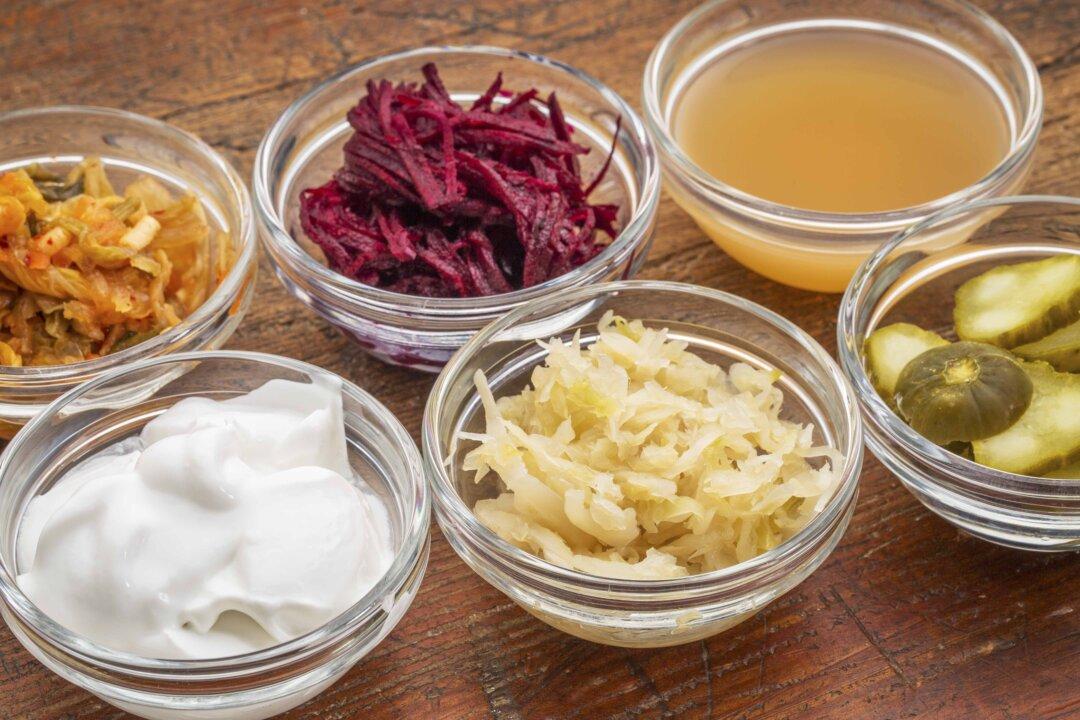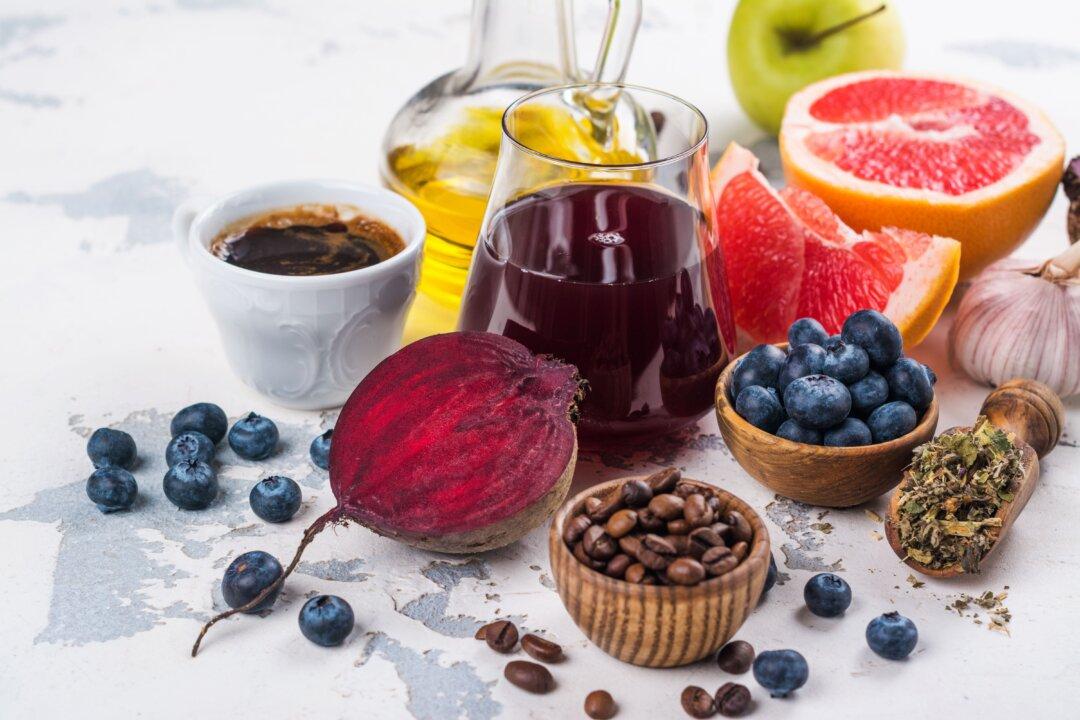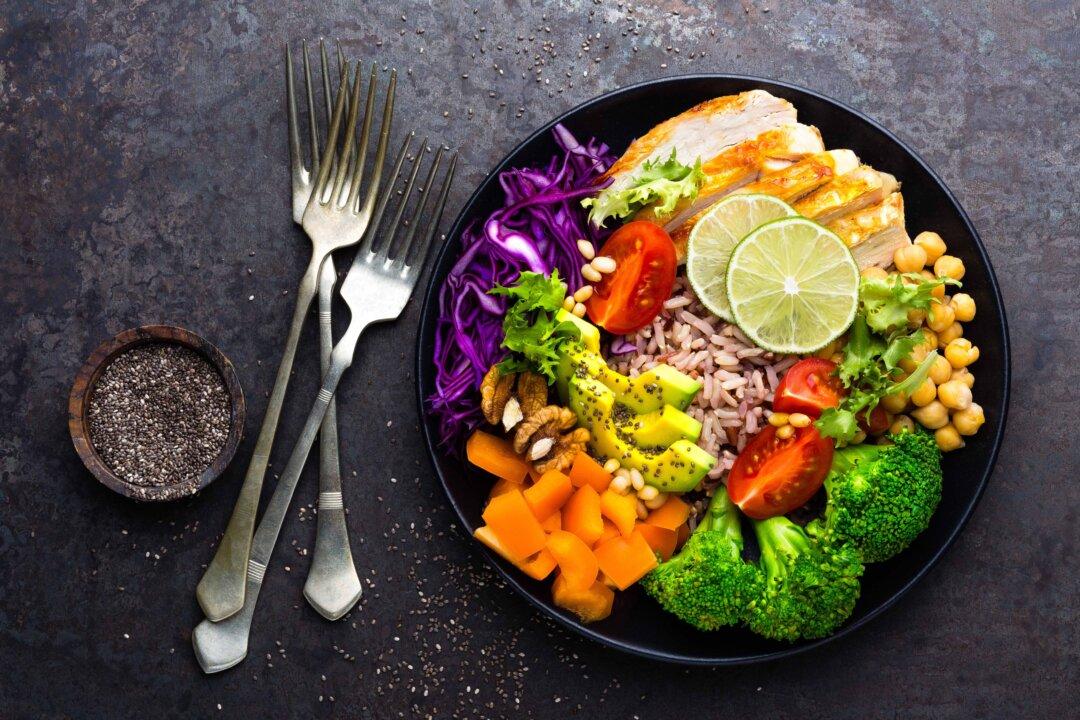To understand probiotics, it’s important to first understand what’s in your gut.
Your gastrointestinal tract is lined with a vast community of microorganisms known as “gut flora,” “microbiome,” or just “gut bacteria.” In humans, there are a larger number of bacteria in the gut microbiome than anywhere else in the body.





